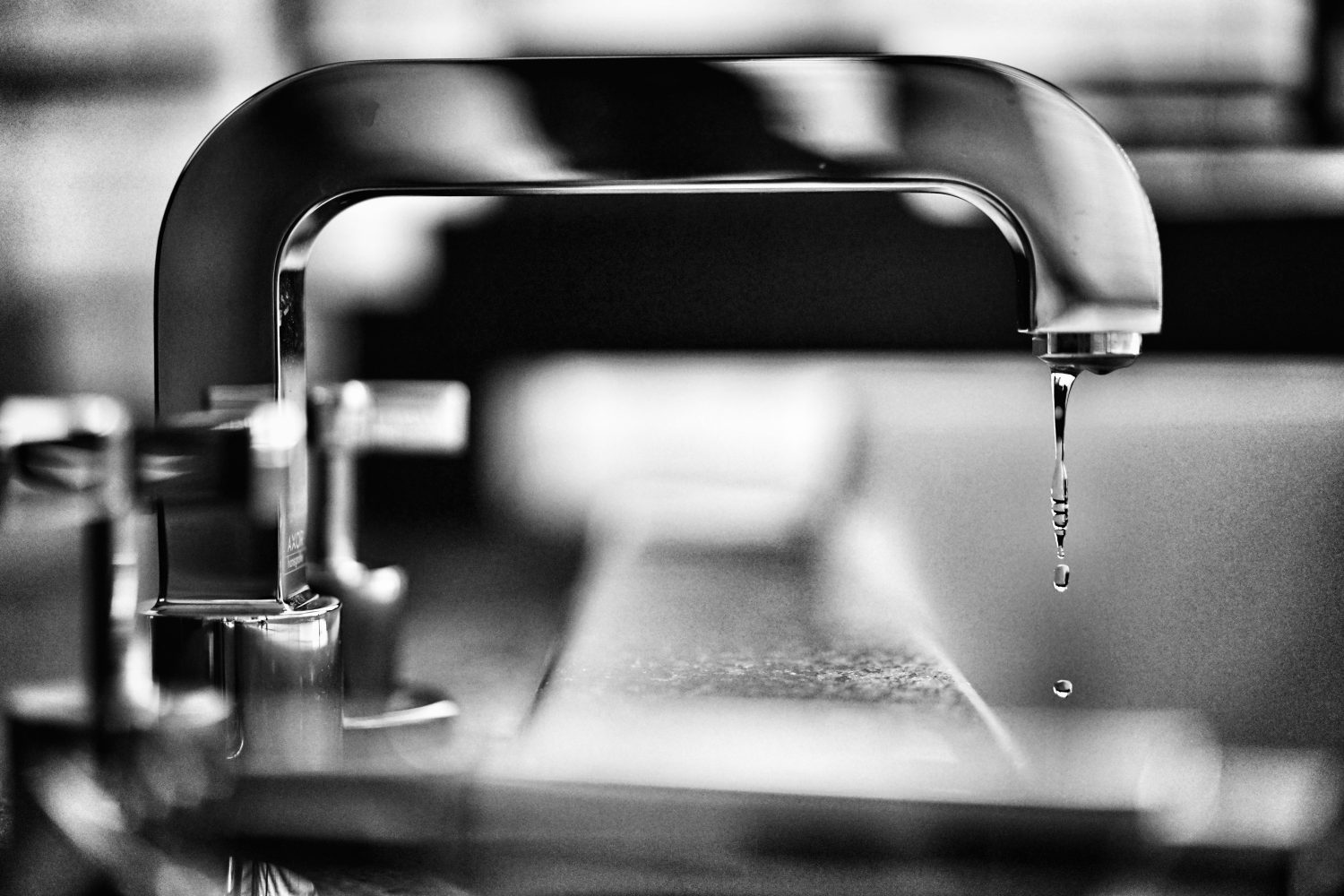Keeping Things Flowing: Spring Means Plumbing Upgrades and Line Checks

Caring for your pipes will make them last longer and prevent costly plumbing disasters. People ordinarily do not put much thought into the sewer and water pipes inside the walls of their home. The pipes deliver hot and cold water and eliminate waste on demand.
Giving plumbing regular attention prolongs its life, prevents leaks, and avoids costly repairs. There are things you can do to care for your pipes.
Preventing Clogs
Clogs are more than a nuisance. The water that backs up puts additional pressure on waste pipes. It causes stress and shortens the lifespan of the pipes. Watch what you put down the drains.
Food scraps don’t belong in drains in the kitchen, hair doesn’t belong in the drains in the bathroom, and nothing but toilet paper and sewage should go into toilets. If you do have a clogged pipe, have a plumber in Toronto snake the drain.
Chemicals that you purchase to clear the drain can be more harmful than beneficial. The substances can corrode cast-iron pipes. They typically do not remove all of the clog. The problem will likely reoccur. Additional chemicals eat away more of the pipe. Eventually, the pipe is going to leak.
Install screens over tub and shower drains. Every few weeks, pull out the hair you can see to prevent build-up. Leftover food should be scraped into the trash even in homes with a garbage disposal.
Do not put liquid grease down a drain. It is liquid only when hot. The grease becomes solid as it cools and clogs pipes just as it does arteries. After a while, drains won’t work anymore. The grease should be poured into a container, sealed, and put in the garbage when it cools.
Reduce Pressure
The pressure we like when filling a stockpot or enjoy when taking a shower stresses pipes and increases the likelihood of leaks. A plumber in Toronto will tell you the increased pressure reduces the life of the plumbing.
It makes appliance valves, faucets, and joints work harder. Hardware stores have hose bib gauges to attach to an outside spigot. When you open the line, the pressure should read between 40 to 85 psi.
Anything above that range should be corrected by a plumber in Toronto who will install a pressure reducer. Adding a low-flow showerhead does not affect the pressure in pipes. Only the amount of water dispersed from the showerhead is reduced.
Use a Water Softener
Hard water is defined as water having a high mineral content. The naturally occurring minerals, calcium and magnesium, build up in pipes and restrict the flow which increases pressure in the pipes.
They also corrode fittings and joints. A white build-up on faucets and showerheads is an indication of hard water. Those households using a municipal water service can find out the mineral content in the water.
The EPA requires an annual report of water quality. Anything above 140 parts per million meets the definition of hard water. Installing a water softener is the only practical means of dealing with hard water.
Most water softeners counteract the minerals with sodium. Electromagnetic pulses are being used to dissolve minerals with new electronic softeners. Traditional units require pipes to be opened and should be installed by a plumber in Toronto.
Conclusion:
Spring is the ideal time to put these upgrades and precautions in place. Any time is the right time to have problems corrected quickly. Small leaks can cause pipes to corrode and be the source of mold and significant water damage.

Leave a Reply
You must be logged in to post a comment.